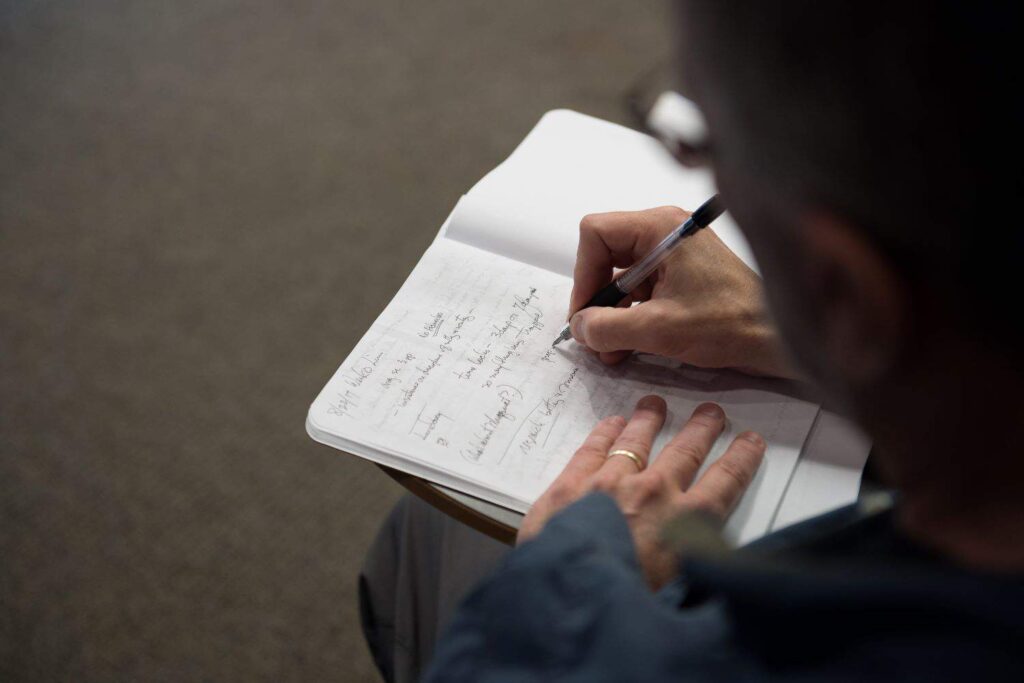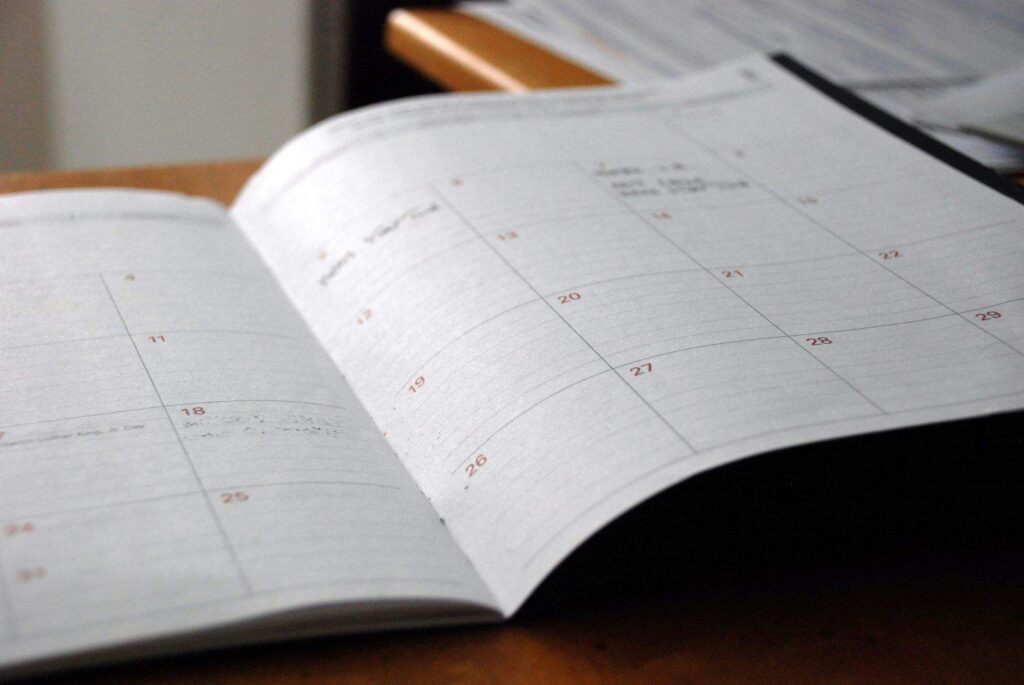
If you’re considering graduate school, you have probably come across application essay requirements. To many, the thought of distilling your experiences and personality into one brief essay can be daunting. How do you show these graduate admissions teams all of the great reasons why you would be perfect for their program within a couple of pages? Today’s blog will help you navigate the application essay process. We’ll provide tips on how to write a strong application essay that will stand out to graduate admissions teams.
Tip 1: Give yourself plenty of time
Everyone’s process is different, but in my experience, the best writing comes from taking your time. For me, I need a day or two to step away from my writing before I can edit it with fresh eyes. If I can take my time during the editing process, I’m able to catch the fine details, like a sentence that reads awkwardly or a tiny typo. Polishing your work is important, especially for graduate school applications. Schools are looking for applicants who can write and analyze at a graduate level, and your application essay is a glimpse into those skills. If your application essay doesn’t flow well or has grammatical issues, it can shed a poor light on those skills.
To ensure you have plenty of time to make your essay shine, start writing 3-4 weeks before the deadline. This way, you have time to write a draft, step away, edit it with fresh eyes, and even ask a friend to look over your draft. The fine-tuning process may just help your essay stand out among the dozens of other applicants who may have rushed their essays.

Tip 2: Make a plan
Now that you’ve set aside plenty of time for writing and editing, it’s time to plan what you want to say. Your plan could look like a formal outline, or it could just be a brainstorming session. Whatever works for you, take some time to sit with the application prompt and plan how you will answer.
It’s important to plan what examples you want to provide in your essay. You will probably write about your personal or professional qualities that make you a good fit for the program. Provide examples that demonstrate those qualities to your reader. As you read the essay prompt, think about specific anecdotes from your life that you can use to answer the question.
For example, let’s say a publishing program asks you why you want to study publishing. In your response, you might talk about how you read an article about disparities in the publishing industry and how that made you want to become an editor who promotes authors from historically marginalized groups. If you have an example of how you promoted equity in a past job, add that to your response to show you have already started taking action.
Whatever traits you highlight in your response, try to include real-life examples that illustrate these qualities. Once you have a plan of what you want to say in your response and what anecdotes you’ll use to support your points, it’ll be easier and quicker to get a draft written.
Tip 3: Fill in the gaps
When I started writing graduate application essays, I often fell into the trap of just rewriting my resume in a paragraph format. I was so anxious to demonstrate my experiences that I ended up just creating a list rather than a story. Don’t fall into the same trap!
Instead, think of your application essay as a way to fill in the gaps in your story. Your resume shows admissions teams what you have done, but your application essay should show them what you have learned from those experiences. How did you grow from that volunteer experience? What about your last job made you decide to return to school and change careers? These are the kinds of questions your application essay will answer for the admissions readers.
Additionally, your application essay is the place to showcase your personality. You want to keep your writing professional, but it’s okay to weave a bit of humor or quirkiness into your essay. Graduate programs want students who will add to the learning community, and showcasing your personality helps them envision how you’ll contribute to other students’ experiences.

Tip 4: Avoid generic stories and phrases
Because essay prompts are often general, it’s easy to write generic responses. If the prompt feels cliche, you might be tempted to use cliches in your response as well. Try to avoid this, since cliche phrases can make your writing seem less authentic to you. You’re trying to showcase your unique qualities, so using an over-used saying won’t help your cause. Some example cliches to avoid are “against all odds,” “little did I know,” “I learned more from them than they did from me,” etc.
The same goes for the anecdotes you use. The stories you tell in your essay should be unique to you and relate directly back to the prompt. Try to avoid tangential or cookie-cutter stories that don’t relate to your overall essay theme. For example, instead of talking about your babysitting business in high school to show that you are industrious, tell the admissions team about a recent work or school project you helped make possible.
Tip 5: Be aware of your audience
This final tip relates back to the editing process we discussed earlier. Regardless of the field, graduate programs need students who can read, analyze, and write at an advanced level. As such, be sure the writing mechanics in your essay are really tight. Make sure you don’t have run-on sentences, typos, or spelling issues. Try reading your essay aloud to find any problems with the flow of your writing. If you take the time to polish your writing, it will show, and you will be a more appealing candidate.
Ultimately, there is no key to writing the perfect application essay. Hopefully, with these tips, you will feel more prepared to write a great essay. If you have more questions about the application process for Emerson graduate programs, be sure to schedule a call with us! We look forward to your unique stories and application essays.


Leave a Reply